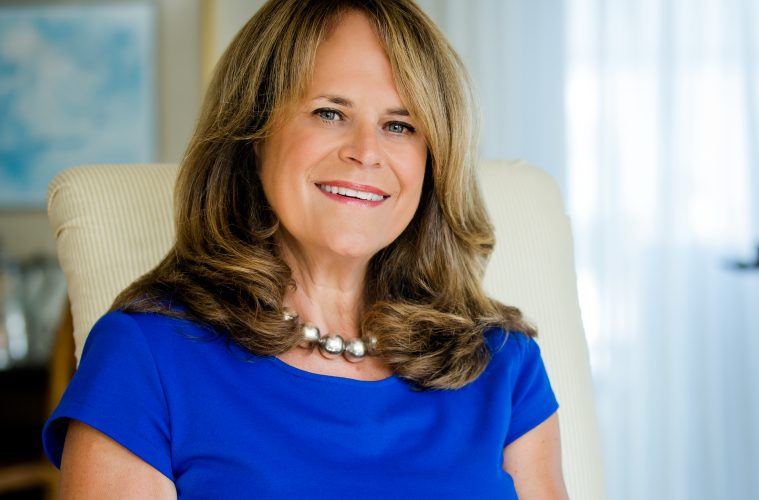“Your baby has Down syndrome.”
These are the words Jo Ann Simons heard four hours after giving birth to her first child, Jonathan, at Brigham & Women’s Hospital. It was 1979, and he needed to be moved to nearby Children’s Hospital because he was in obvious cardiac trouble. Many procedures would follow, including three delicate open-heart surgeries.
“There were no services available at the time,” says Simons, who had to walk down Longwood Avenue in Boston the next day to get to Children’s Hospital to see her son, without even the offer of a wheelchair.
Once there, her obstetrician suggested she might want to consider whether to take him home. Simons was doubting her ability to care for Jonathan and at the same time take care of herself. “I know we can be the best parents for Jonathan,” Simons’ husband, Chet Derr, told her. “We just have to decide to be his parents.”
With a newfound determination, Simons immediately started making calls for information and help. “Everything I thought should be available wasn’t,” says Simons, surprised at the lack of services at the time.
Knowing that she wasn’t alone in needing support, she decided to make helping people with disabilities and their families her life’s work.
Her career began with an 18-month stint with the Massachusetts Department of Mental Health, before her first turn at the Northeast Arc, then known as the North Shore Arc. As the Arc’s director of advocacy, Simons was able to create everything she thought should be available for families. This included the state’s— and possibly the country’s—first Family Support Program.
As her children grew—Jonathan was joined by sister Emily when he was four—so did her career responsibilities. Simons went on to be the deputy facility director of the Fernald Development Center and the executive director of the Arc of East Middlesex before being tapped to lead the Cardinal Cushing Centers. The centers in Hanover and Braintree provide individuals of all ages with intellectual disabilities and autism spectrum disabilities opportunities to discover the benefits of a supportive and vibrant community.
It was in this role where Simons met Barry Sloane, president and CEO of Century Bank. “Jo Ann took over when Cardinal Cushing was in a turnaround phase,” says Sloan. “She was responsible for rejuvenating the Center’s strategy and finances. She did a stunning job.” As a result, Simons was recently elected to the board of directors of Century Bank.
Simons, author of The Down Syndrome Transition Handbook, rejoined the Northeast Arc in January, this time as CEO of the second largest Arc in the country, serving 9,000 people each year in 190 Massachusetts cities and towns. The Northeast Arc’s wide-ranging programs include autism services, adult family care, the ArcWorks Community Art Center, day habilitation, deaf services, early intervention, employment services, family support, personal care assistance, recreation, residential, and transition services. The organization’s goal is to help people with disabilities become full participants in the community, choosing for themselves how they live, work, socialize, and play.
“We offer lifelong supports—from early intervention to end-of-life care—while celebrating each accomplishment along the way,” says Simons. “I’m proud of the role we have had in changing the delivery of supports to persons with disabilities, and hope to continue to make strides in this area.” Due to her reputation for implementing change, Massachusetts Governor Charlie Baker appointed her to the Governor’s Commission on People with Developmental and Intellectual Disabilities.
When asked what her goals are for the organization that is changing lives every day, Simons recites a favorite quote: “I want to leave this world a little better than I found it.” To Simons, this means continuing to demonstrate the capabilities of people with disabilities while also making sure people know the Northeast Arc is always going to be here to support them.
As for Jonathan, he graduated from Swampscott High School, attended Cape Cod Community College, came in third in the world for golf at the Special Olympics, and lives independently on Cape Cod while working at a country club and a grocery store. “He is proof that we should never set limits for persons with disabilities, and that everyone is entitled to live the happy, productive, and meaningful life that he enjoys,” says Simons. “He continues to be my great teacher.” ne-arc.org

